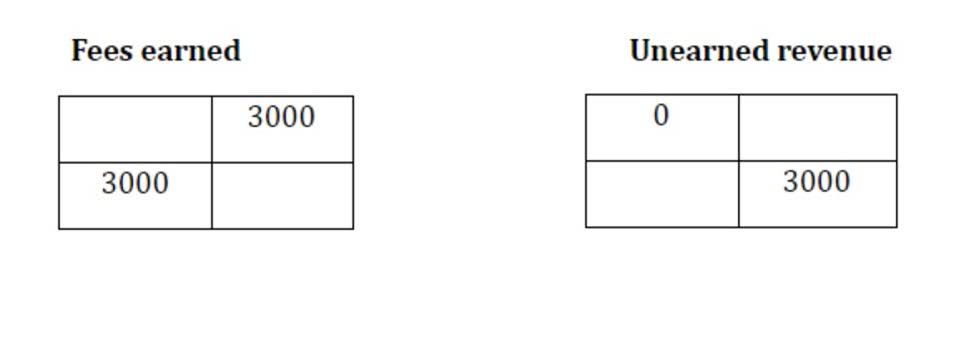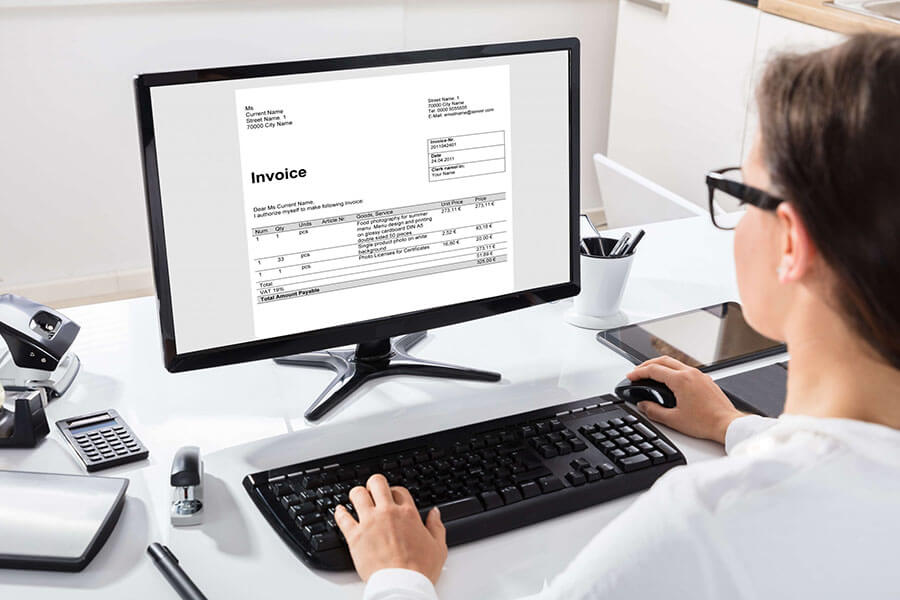The Complete Guide to AP Audits

Many high school administrators and teachers find this process overwhelming, simply because they do not know the steps to take to get it done.
- When you have the right set of technology on hand, you can quickly realize the benefits of an AP audit.
- Match invoices to purchase orders and receive documents to verify the accuracy of payments.
- His leadership has led to a substantial increase in employees, revenue, and the company’s growing presence in the B2B FinTech space.
- Easy access to payable records is crucial for a seamless, comprehensive audit process.
- This ensures that no unauthorized payments slip through and that all approvals align with the company’s internal policy.
- The accounts payable audit trail includes every step from the invoice arriving at accounts payable to payment approval.
Conduct Data Analysis

Tracking all this information may require a lot of expensive fieldwork for external auditors. Validity testing identifies possible fraud and errors and ensures the audit trail and financial statements are free from material misstatements. Auditors will verify the validity of AP transactions to confirm they are accurate and legitimate. Validity testing usually involves contacting suppliers to verify the transaction data is accurate and legitimate and identifying and investigating any exceptions. Generally, an AP audit seeks to confirm that a company is presenting an accurate view of its financial reporting, internal controls, and compliance with applicable laws and practices. Undergoing a successful AP audit process requires careful planning, meticulous execution, and leveraging the right tools and technologies.
Finance automation that puts you in charge

Ensuring payments are properly authorized is crucial for fraud https://www.bookstime.com/ prevention and financial control. Proper invoice matching helps eliminate overpayments, fraud, and unapproved cost increases. Accurate invoicing is essential to avoiding overpayments or paying for goods not received.
- The right AP audit solution goes beyond basic automation — it should provide full visibility into every invoice and transaction, generate an audit-ready trail, and reduce manual errors.
- This step helps mitigate the risk of vendor fraud and ensures that your payments are going to the correct recipients.
- Auditors verify proper disclosure by checking all the liabilities, calculations, and footnotes explaining unusual transactions in your year-end financial statements.
- These audits help identify issues early and ensure your AP process remains efficient and compliant.
- Auditors evaluate the effectiveness of these controls, such as the segregation of duties and approval workflows, to prevent fraud or unauthorized transactions.
- Mistakes like duplicate payments, incorrect data entry, or unauthorized transactions can significantly impact a company’s financial stability.
- Start enhancing your AP auditing processes today to prevent costly errors, optimize cash flow, and maintain compliance with regulatory requirements.
Download a free copy of “Preparing Your AP Department For The Future”, to learn:
Primary objectives of this process include detecting potential fraud, ensuring compliant financial procedures, and locating areas for improvement that could impact the greater organization in a positive way. Automated platforms provide real-time visibility of every stage of the AP process and will alert you Debt to Asset Ratio of any discrepancies or errors. Real-time visibility lets you check on the status of any invoice at anytime from anywhere. It also enables you to confirm with a glance if internal controls are working properly.


AP automation platforms often include built-in risk monitoring features, duplicate payment detection, and approval workflow management. Data analytics tools can help identify ap audit unusual patterns or anomalies in payment data that might indicate fraud or errors. An accounts payable risk assessment is a comprehensive evaluation of potential vulnerabilities and threats within your payment processes.
Weaknesses in mid-sized companies

Auditors will examine accounts payable processes to confirm that transactions and events are being properly recorded and disclosed. This can include examining the Standard Operating Procedures (SOPs) in detail and testing how closely employees are following them. Auditors will also clarify and verify unusual transactions and ensure all payment amounts are recorded accurately.


